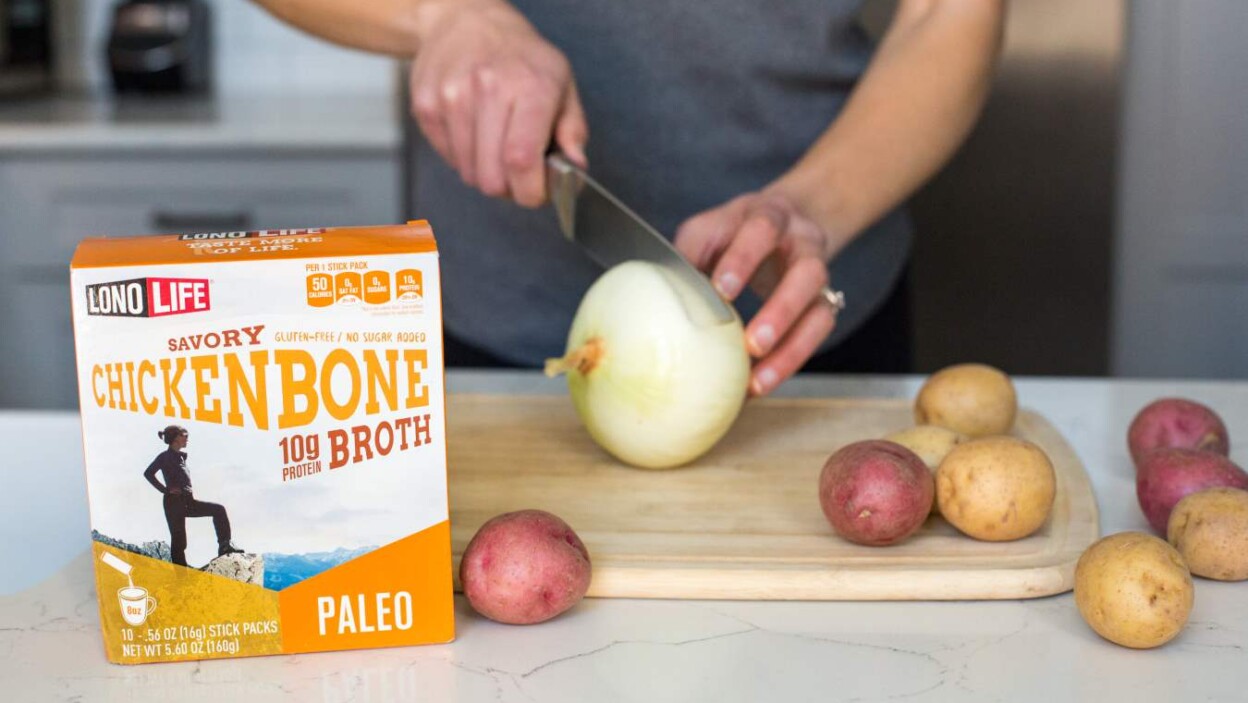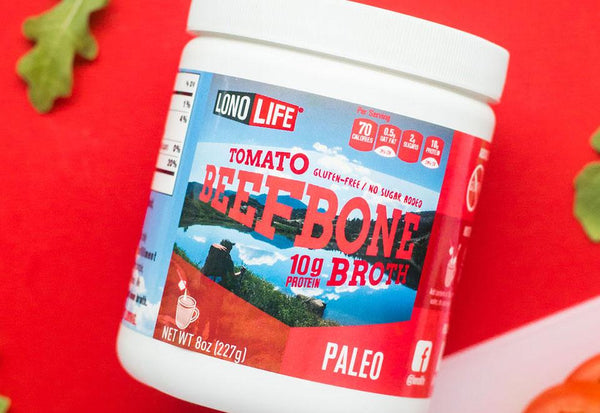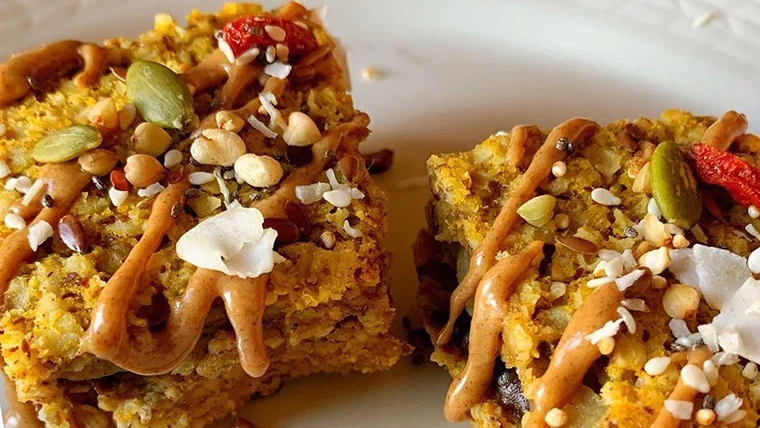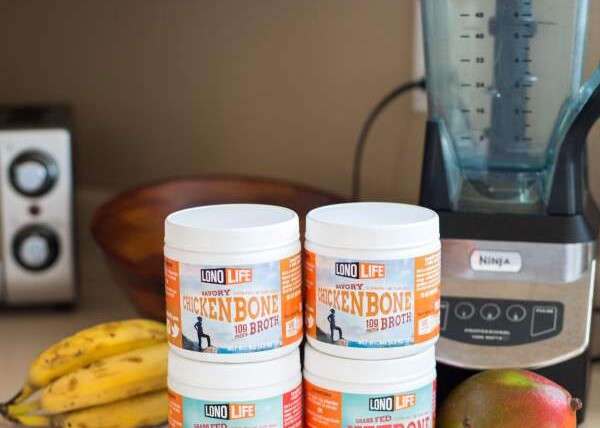“The doctor of the future will no longer treat the human frame with drugs, but rather will cure and prevent disease with nutrition.” – Thomas Edison
America’s great businessman and inventor spoke these words in 1903. Wishful thinking? A clairvoyant vision? Or just an understanding of how society would progress? Either way, many of us are coming to realize just how insightful his view was as we live in an age of chronic illness and polypharmacy (which essentially means the use of two or more drugs together, usually to treat a single condition or disease.)
While modern medicine absolutely has its place in treating illness and disease, there’s no denying that a healthy diet (along with exercise, stress reduction, and good sleep) contributes to better health outcomes. And it turns out some foods bring even more health benefits to the table than others, which is why we are listing out five of our favorite potentially health-boosting ingredients that have earned a spot in every kitchen.
MANUKA HONEY
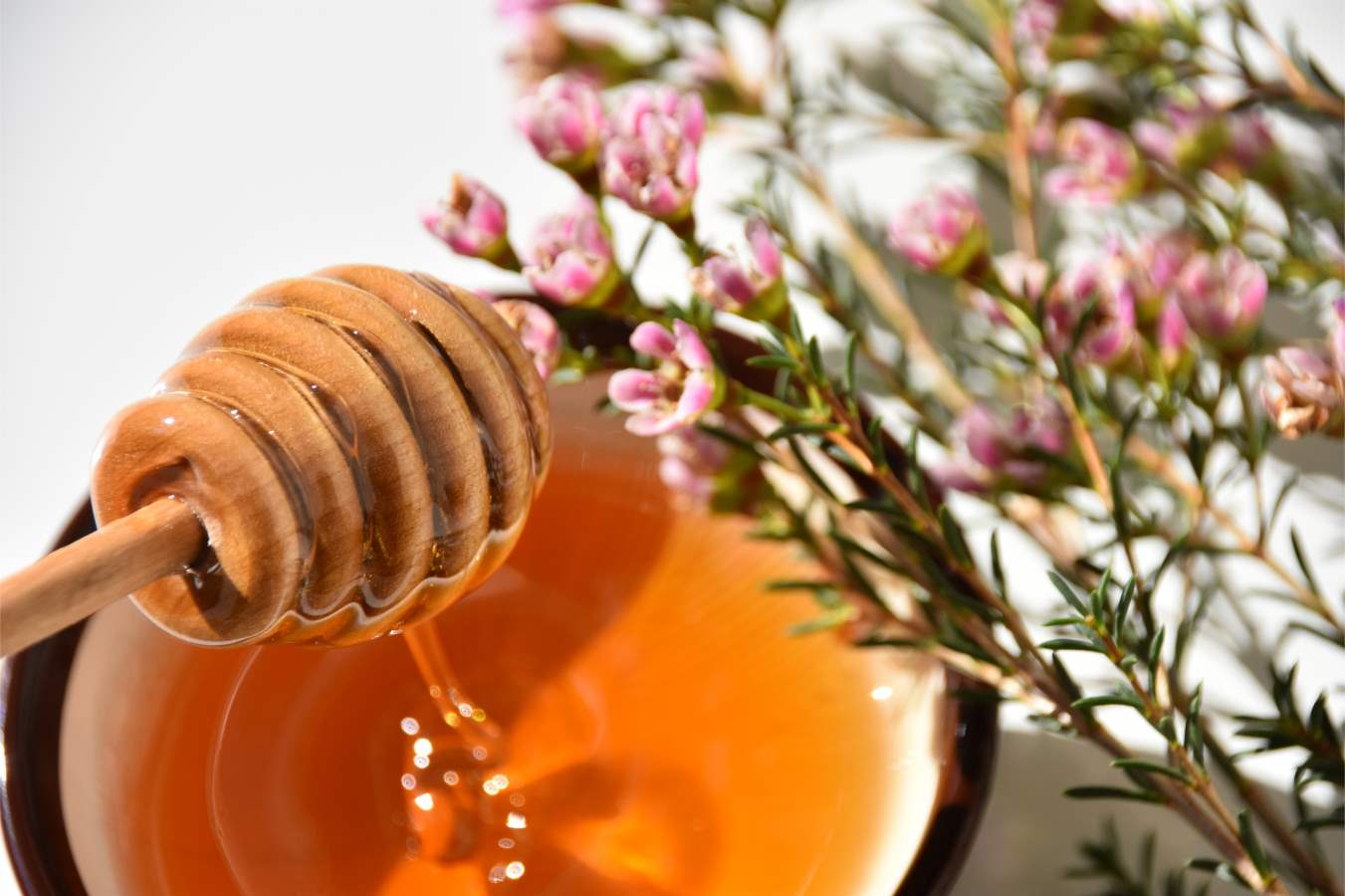
“Hold my spoon – are you saying I can indulge in a delicious honey and take care of my body? Sweet!” But before you go ahead and gorge on that honey bottle you’ve got stashed at the back of the cupboard, know that manuka honey is not your average honey. In fact, manuka – a type of honey native to New Zealand – has an active ingredient called methylglyoxal which gives it antibacterial properties. It’s even been approved by the FDA as an option for wound treatment! What’s more, manuka honey has antiviral, anti-inflammatory, and antioxidant benefits, making it a great option for sore throats, oral health, and irritable bowel syndrome (IBS).
GINGER
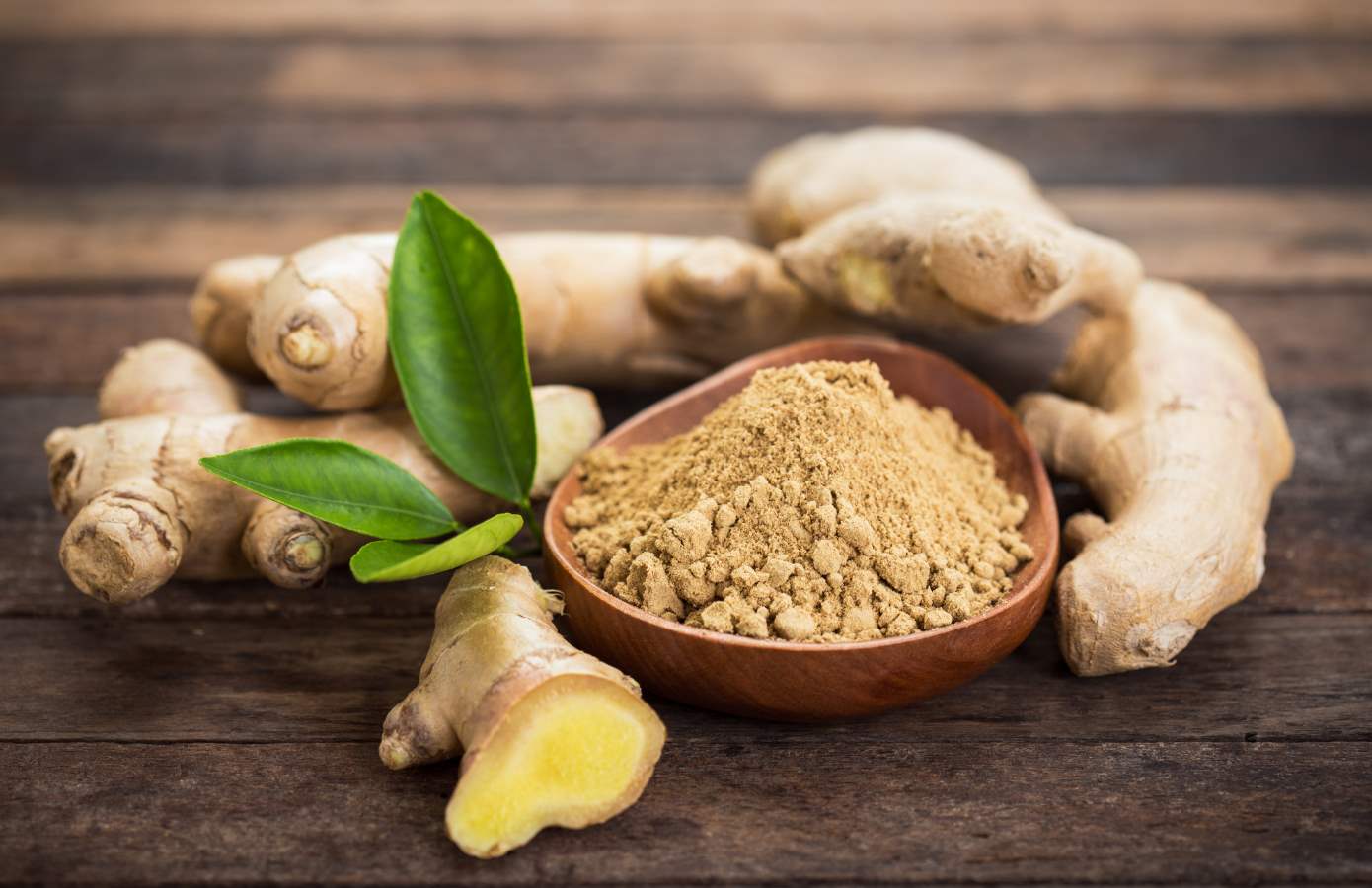
That manuka honey we just waxed lyrical about? Add it to a cup of hot water with some sliced ginger and squeezed lemon and you’ve got yourself a delicious tea (with a kick) that might really help your cold and flu symptoms. When you combine these three ingredients together, they combine their medicinal properties and may help boost your immune system. But what’s so special about ginger, you ask? It contains a natural oil called gingerol which has powerful antioxidant and anti-inflammatory effects. It may even be effective against the respiratory syncytial virus (RSV), a common cause of respiratory infections. Bingo!
BONE BROTH
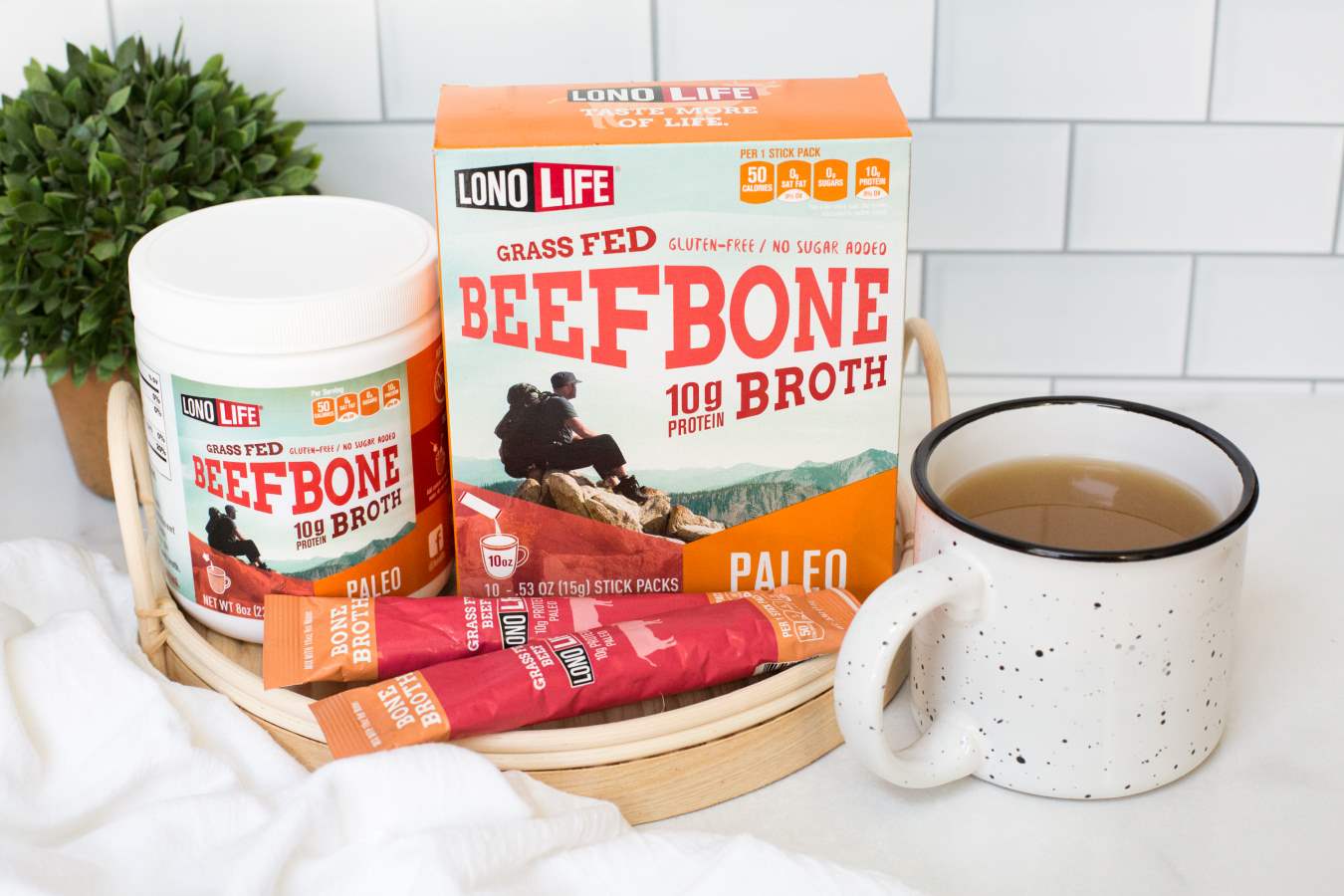
Ah, bone broth. Our favorite little tipple. Whether you’re a fan of Beef Bone Broth or Chicken Bone Broth, you can feel good knowing that your tasty cup of goodness contains plenty of health-promoting amino acids such as arginine (which supports your liver and immune system), glycine (which helps glutathione production), and glutamine (an important metabolic fuel.) Bone broth also contains a high concentration of minerals and macronutrients. All that to say, keep a box or 10 stashed in your cupboard as the colder months roll in.
SUNFLOWER SEEDS
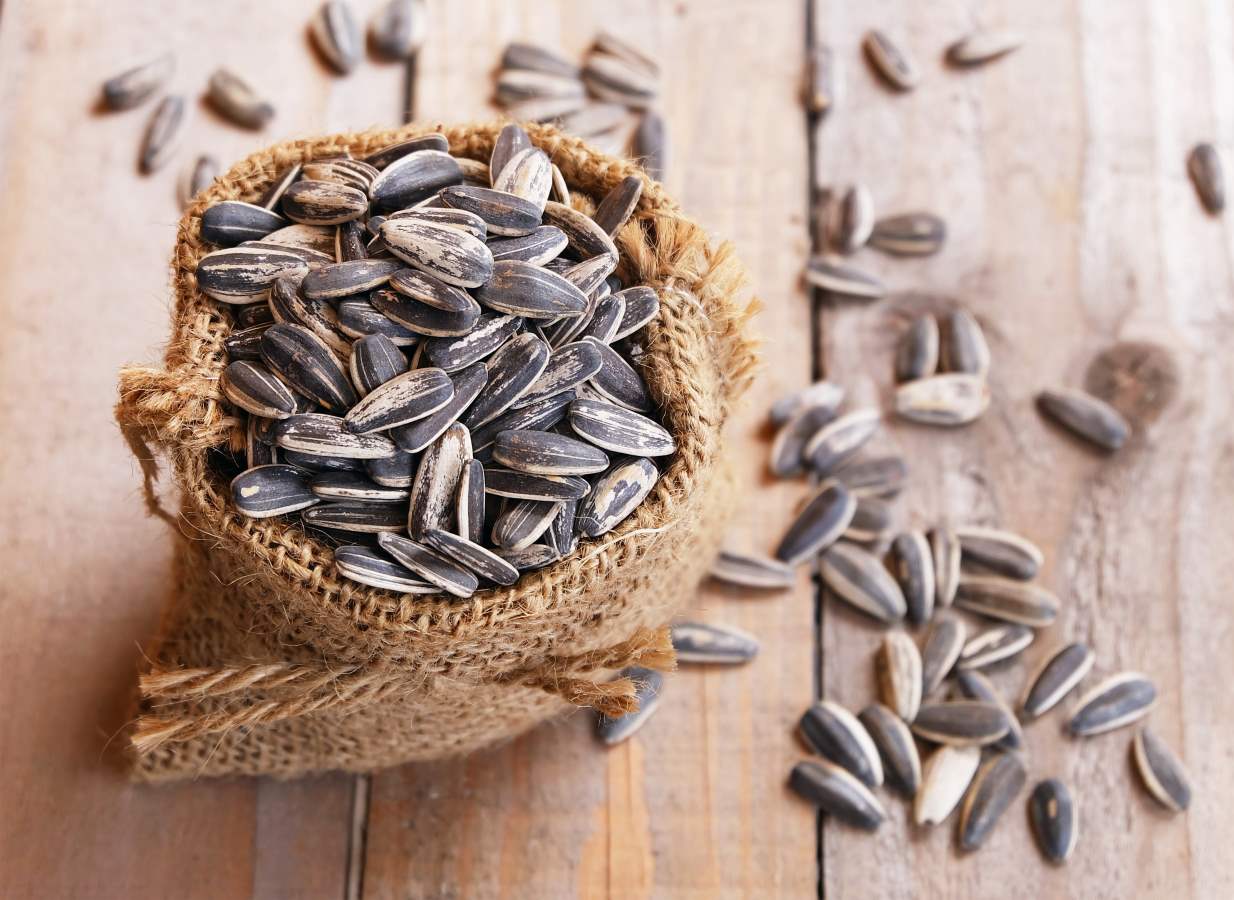
They say good things come in small packages. Kind of like sunflower seeds. These little seeds (that you might recognize encased in a black and white striped shell) deliver myriad health benefits, but the ones we are most interested in as the winter creeps in are those that support the immune system. It turns out that sunflower seeds are a source of zinc, an essential mineral that plays a vital role in the immune system and helpt the body maintain and develop immune cells, as well as selenium, an essential trace mineral that plays a role in reducing inflammation, fighting infection, and boosting immunity. Cheers for sunflower seeds!
GREEN TEA
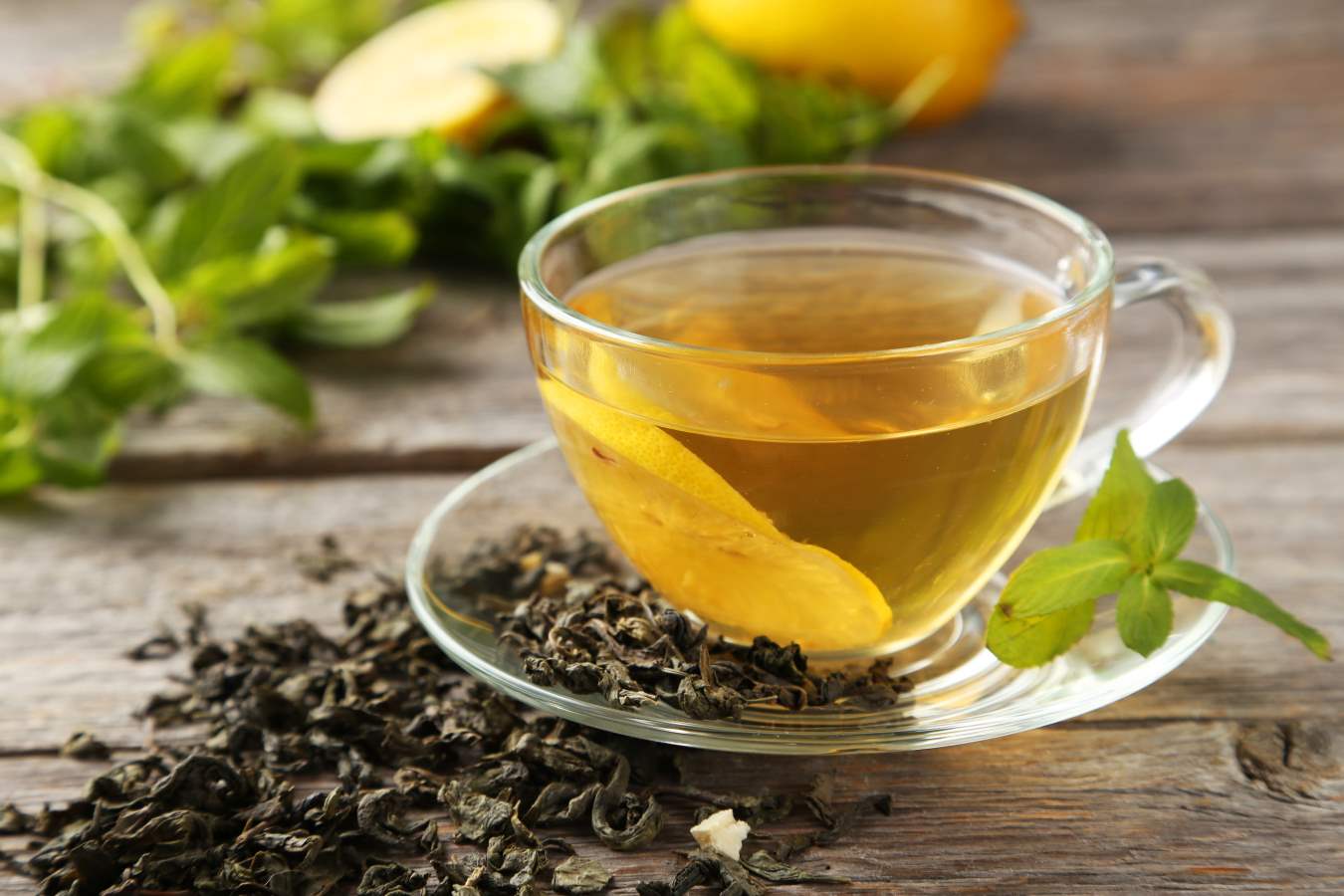
No list of kitchen health-boosting items would be complete without green tea – a real food ingredient that carries antiviral and antibacterial properties. How is it so powerful? It’s thanks to high quantities of an ingredient called epigallocatechin gallate (EGCG). (Oh the fun we’ve had trying to pronounce that properly!). It turns out that EGCG is an antioxidant that may enhance immune function and assist cells in defending themselves against harmful bodies. That’s a win for sniffles season.
While no one ingredient is a panacea, it makes good sense to fill your cupboards with those that serve your health rather than harm it. But remember, as always (and especially if you take any prescription medications), consult your doctor before starting a new diet.

